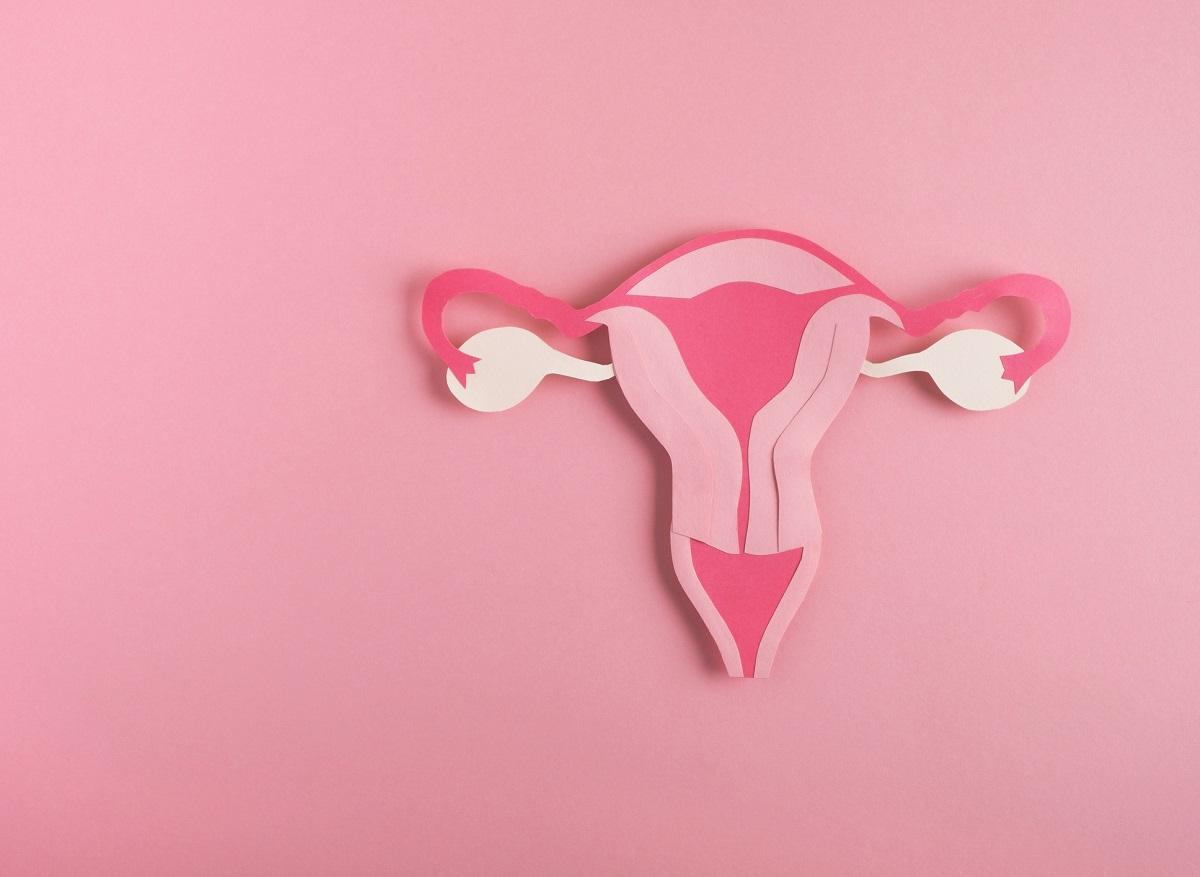INTERVIEW – Young gynecologists are stepping up to the plate against the “bashing” of their profession. They defend a gentler and less paternalistic medicine.

“Pay for your uterus”, unwanted vaginal touches, abdominal expressions… The controversies agitating the world of gynecology are numerous. On blogs or in forums, patients testify and denounce what they experience as mistreatment on the part of those who care for them. And these last live it badly.
In an open letter published on September 12, young gynecologists defend themselves. “We are not executioners”, they proclaim in the preamble. These health professionals deplore the ambient “gyneco-bashing” which is at the origin of a “climate of phobia”.
The young gynecos have therefore decided to explain themselves. Each act performed is necessary, they argue, whether it is a pelvic touch or a palpation of the breasts. This didactic approach marks a step forward for this profession which had, until now, reacted by the defensive.
This time, the young doctors say it: the era of “yesterday’s paternalistic medicine” is over; Now is the time to exchange in all kindness. Explanations with Dr Yaël Levy-Zauberman, gynecologist and contractual hospital practitioner.
What is the impact of this gyneco-bashing?
Dr Yaël Levy-Zauberman : There is a bias. People who are dissatisfied express themselves more than those who are happy. Not many people will step up to say that all gynecologists are all good people, which is not true either. But the use of false statistical data, or occasional testimonies without understanding the medical file, damages the image of gynecologists. The rendered image is negative and masks the positive aspect of our profession.
This is more of a global climate than specific to our specialty. The phenomenon is linked to easy access to sites and forums of uneven quality. This complicates the discussion with the patients. We can see this as something positive – a transfer of knowledge to a wider public – but the doctor remains the holder of expertise, just like other specialized professions.
How to explain these numerous complaints?
Dr Yaël Levy-Zauberman : It cannot be denied that a large number of patients have grievances or dissatisfaction. They could have been victims of medical errors, communication faults, suffer from after-effects … Much of the disappointment and anger of these patients could have been avoided by better communication between the medical staff and the patients. Nothing can replace kindness and empathy, even in difficult situations.
But a gynecology consultation involves questioning, clinical examination, diagnosis. All this takes time, more than the 20 minutes allotted in consultation, in the city as in the hospital. It is therefore necessary to optimize the time, which means not detailing the whole process. If we had 40 minutes per patient, the majority of dissatisfied patients would no longer be.
The lack of means is therefore the cause?
Dr Yaël Levy-Zauberman : In the hospital, we rarely perform gestures when we have nothing else to do. We are constantly interrupted or called upon elsewhere. Instead of taking the time to explain, we favor the gesture over the explanation. If more doctors on call were available, we would have more time to communicate.
Not to mention that, when we work a lot of hours a week, the level of fatigue means that we choose either skill or empathy. We do what we have to do to make people feel good, but it’s hard to coat it. We do not have the time and the energy to perform the actions and communicate.
How have medical practices evolved?
Dr Yaël Levy-Zauberman : Medical practices have not changed by themselves. Explaining what the physical examination consists of has always been a part of gynecological practice. What has changed is waiting for information step by step. Today, patient expectations have evolved, and the Kouchner Law requires that each physical contact be subject to patient authorization.
In practice, respecting this is difficult. Not only because it is time consuming but also because the patients come of their own accord. So I think they’re ready to do this physical exam. This does not mean that you have to perform vaginal examination by surprise. It should be done in a professional and gentle manner.
Do the younger generation have better habits?
Dr Yaël Levy-Zauberman : I don’t want to create a schism between the young doctors and the more experienced ones. But it is true that the latter – which we are more likely to communicate – have a slightly different patient-patient relationship. However, one cannot blame them for practicing medicine which in their day worked like this. They were trained in that world. We young gynecologists began our studies in a world where expectations and the law were different. Adapting is easier, and more obvious.
But peer training is not without risks …
Dr Yaël Levy-Zauberman : This applies to the technical gesture but not necessarily to the relationship with patients. It is largely shaped by the patients themselves. We are, of course, influenced by experienced doctors during our training.
Among the people who trained me, some inspired me by their way of expressing themselves. They pushed me to strive for a positive practice of medicine. In contrast, I have seen practitioners who have made me understand what kind of relationship I do not want to have with my patients.
.















